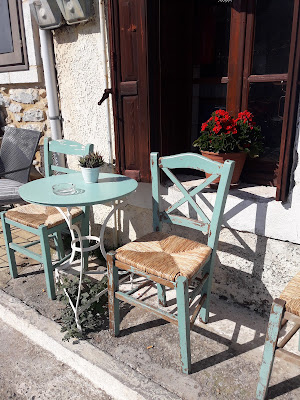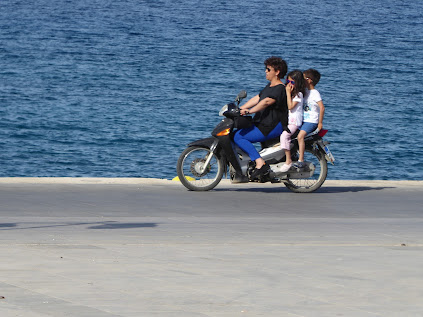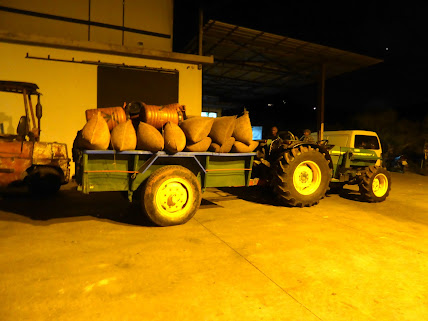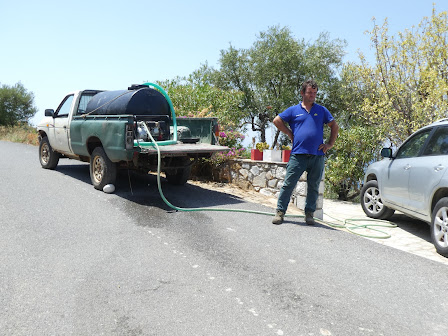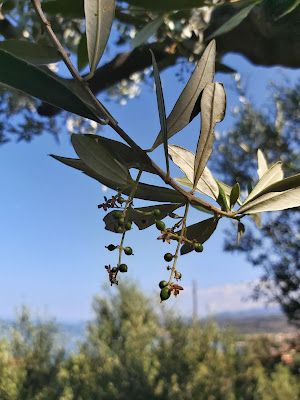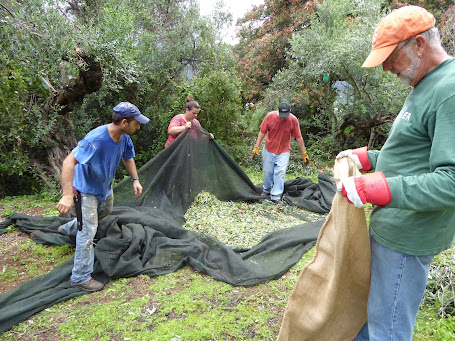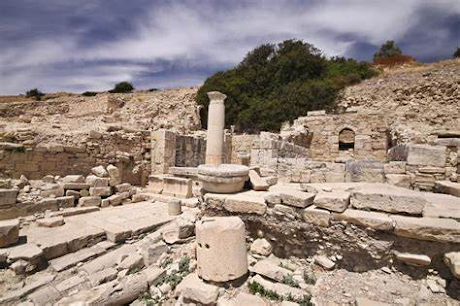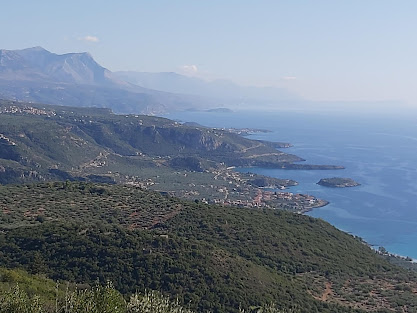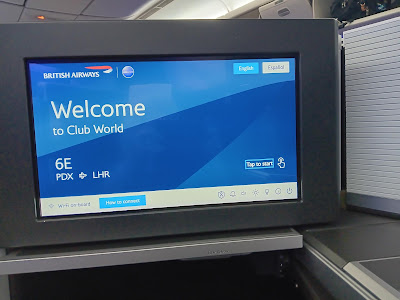At almost 101, she is probably the oldest expat in the area.
She is the expat I want to be 'when I grow up'.
I am not naming her because her name isn't as important to this tale as is her age. She is simply living proof that quality time lived as an expat need not be age defined.
 |
| Agios Nikolaos, our expat world |
Just last week I saw her studiously bent over her latest needle work, chatting away with her longtime friends at a weekly crafter gathering in the village. A couple years ago, while seated next to her at a fundraiser she kept me entertained with her stories, . . . well, until the band started playing and she headed to the dance floor!
 |
| Three birthday cakes, a party and many friends as I hit 70! |
Although not as spry as she once was, I think of her as the poster child for the 'aging expat'. And since becoming a septuagenarian last July, I now qualify as both 'aging' and 'expat'.
So, finding someone 30 years my senior is gratifying as I ponder the question: Can one be too old to be an expat?
'It's only a number,' chided my just-turned-50 expat friend, as my tongue swelled in July when I attempted to say my age. Saying '70' in Greek (ev-do-MIN-ta) and English (s-s-seventy) continues to be difficult. When I can't wrap my head around something, I usually can't wrap my tongue around it either.
Coming of Age in Greece
 |
| Celebrating the purchase of our home with its former owners |
'Are we too old?' we asked ourselves as we debated the pros and cons of buying a home in Greece a decade ago.
 |
| Getting those first residency cards! |
'Are we too old?' we asked ourselves again, a few years later, when we pondered becoming expats in Greece.
To think, that was back when we were mere 60-somethings!
When we decided to take the plunge, we reasoned that when we were 'too old' for the expat lifestyle, we would likely move back to the States. At the time we didn't think about how to define 'too old'. Instead, we set up 'age gauges'.
 |
| Our stairs would be an 'age gauge' we reasoned. |
For instance, when we were no longer able to navigate the flight of 30-steps we climb between our Stone House on the Hill and our car, it would be time to pack up and move on. Thankfully, we still climb those stairs regularly, but now we talk about the logistics of a sloped sidewalk through the garden alternative when the 'time comes'.
 |
| Olive harvest equipment replaced us! |
Olive harvest has been another 'age gauge'. When we couldn't actively participate any longer, we'd say, 'it just might be time to. . .,' never really completing the sentence. Well, thankfully our hired crew is so mechanized, that we no longer play much role in the hard part of harvest, so that gauge is out the window.
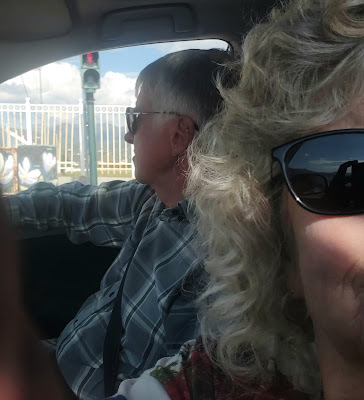 |
| In the blink of an eye, we are 70-somethings |
We know that the unconventional lifestyle of an expat doesn't ward off the pesky signs of aging. We are now 70-somethings and despite the claim that 70 is the new 50, our bodies often dispute that after a walk home up the hill on which we live, or a day spent working in the garden or grove!
We probably do sound like 'old people' when reminding friends who've been saying for a decade that they were coming to visit us in Greece -- that it might be time to schedule that trip. But seriously, time could be running out. Even living a Mediterranean lifestyle, the longevity factor in Greece is 80.2, roughly the same as that of the European Union. (And that is better than the US, where it is only 77.5 years).
The Elderly Expat
 |
| Expats of 'a certain age' set off on the sea |
The expat and Mediterranean lifestyle combine to keep us far more physically and mentally active in our Greek world than we are in the States. Expats of 'a certain age' here are pursuing any number of activities, among them: gardening, swimming, biking, hiking, trekking, traveling, socializing, and participating in volunteer activities.
 |
| Expat friends of 'a certain age' at lunch in the village |
I like that phrase, 'a certain age', possibly inspired from a similar French phrase, that puts a person in a pleasant holding pattern of sorts, 'not still young but not yet old'. It, like Mae West's, 'You are never too old, to become younger', are far more agreeable to me than 'elderly'. The World Health Organization defines elderly persons as 60 or older.
 |
| Spring hike on a kalderimi |
If that is the case, then there are a lot of elderly American expats scattered about the world. Of the approximate 10 million American expats, (U.S. State Department statistics) about18 percent, or 1.8 million, of us are 61 years of age or older.
The ability to live as an expat isn't defined by chronological age alone; we all know that health, mobility, and mental attitude have much to do with the quality and quantity of life regardless of where one lives.
Too Old or Not?
In researching this post, I came across a hodge-podge of thoughts on age, three of which I felt worthy of repeating:
 |
| How old is too old? |
First, according to a survey by TD Ameritrade 73% of women and 59% of men felt that 70 IS the new 50, based on the fact that we are living healthier and longer lives. (It didn't list the ages of those surveyed though.)
Second, American writer, Anne Lamott, in an opinion piece for the Washington Post titled, "Living on Borrowed Time,' made me laugh: 'Getting older is almost like changing species, from cute middle-aged white-tailed deer, to yak. We are both grass eaters, that that's about the only similarity.'
But if was an article on aging by fellow septuagenarian Robert Reich, an American political economist and professor, that provided a new perspective on the question I've been pondering. He cited a study that said: after age 60 one loses a half-inch in height every five years. And that gave this once-five-foot-tall writer, a whole new perspective on being an aging expat. If I live long enough, I just might vanish. Then I won't need to figure out if I am too old to continue being an expat!
That's it for this week from sunny, but chilly, Greece.
So how about you? Have you reached 'a certain age' that now influences travels or expat adventures? Share your thoughts via comments or email.
As always, thanks for the time you spent with us today - hope to see you back again. . .bring a friend with you!


